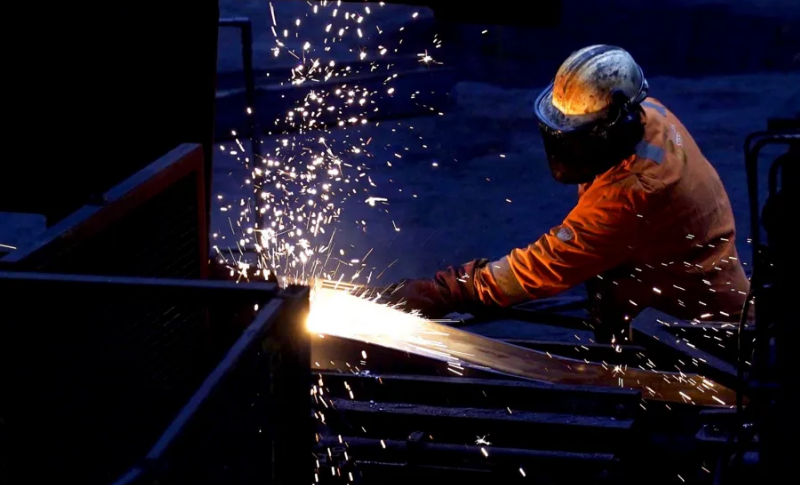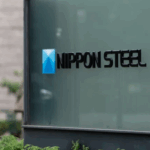British Steel has won a £500 million contract to supply rail tracks to Network Rail over the next five years, offering a lifeline to its embattled Scunthorpe plant and safeguarding thousands of jobs. The deal comes just two months after the UK government intervened to prevent the immediate closure of the site’s remaining blast furnaces, amid growing concerns over the future of domestic steel production.
Under the agreement, British Steel will deliver more than 337,000 tonnes of track, continuing its role as the primary supplier for Network Rail, which maintains and owns Britain’s railway infrastructure. The contract will begin on July 1, with the company set to provide 80% of Network Rail’s rail requirements. The remainder will be supplied by European firms providing specialised products.
The deal is being hailed as a significant vote of confidence in British industry. “This agreement is a huge vote of confidence in UK workers and British industry,” British Steel said in a statement. Craig Harvey, the firm’s commercial director for rail, added that the deal “demonstrates our importance to the UK’s economy and infrastructure.”
Network Rail’s director for railway business services, Clive Berrington, said the decision to continue sourcing from British Steel made both economic and strategic sense. “We’re committed to buying British where it’s economically viable. British Steel remains extremely competitive in the provision of rail and will remain our main supplier in the years ahead,” he said.
The news comes at a critical time for British Steel. In April, the government stepped in to take temporary control of the business after tensions with its Chinese owner, Jingye Group, escalated. Ministers accused Jingye of preparing to shut down the Scunthorpe blast furnaces, which would have ended the UK’s capacity to produce virgin steel—a key material made directly from iron ore, vital for national infrastructure projects.
Scunthorpe is the last plant in the UK capable of producing virgin steel and currently operates two of its four blast furnaces. The facility employs around 2,700 people and has been producing rail for the UK network since 1865.
Transport Secretary Heidi Alexander visited the site on Tuesday and described the deal as “critically important” for national infrastructure resilience. “This contract shows our commitment to strengthening domestic manufacturing and securing high-quality British jobs,” she told the BBC.
The announcement also comes ahead of the government’s wider national infrastructure strategy, expected later this week, which aims to reinforce domestic supply chains and promote economic growth.
Despite this positive development, challenges remain. Last year’s closure of the blast furnaces at Port Talbot and the ongoing threat of US steel tariffs—spurred by President Trump’s new executive order—continue to cast uncertainty over the sector’s long-term future.
Still, the Scunthorpe deal is seen as a step forward in securing Britain’s steelmaking capability. Ministers have not ruled out full nationalisation of British Steel, though they are also exploring private investment options to stabilise the industry and maintain strategic independence in critical manufacturing sectors.

















